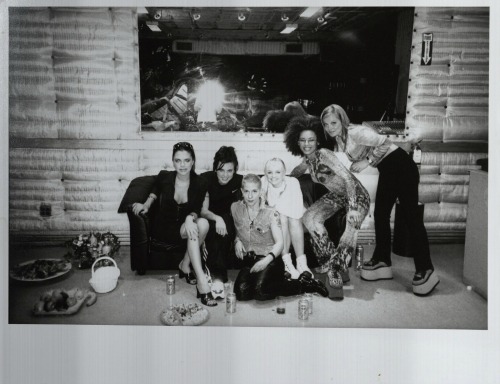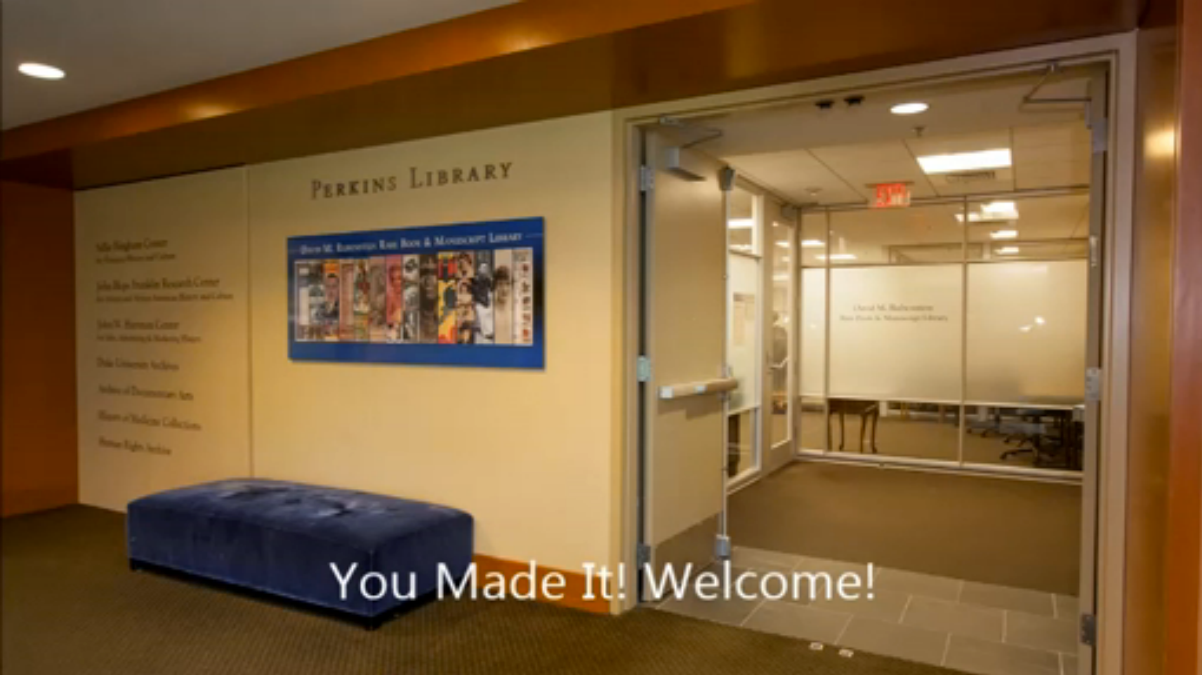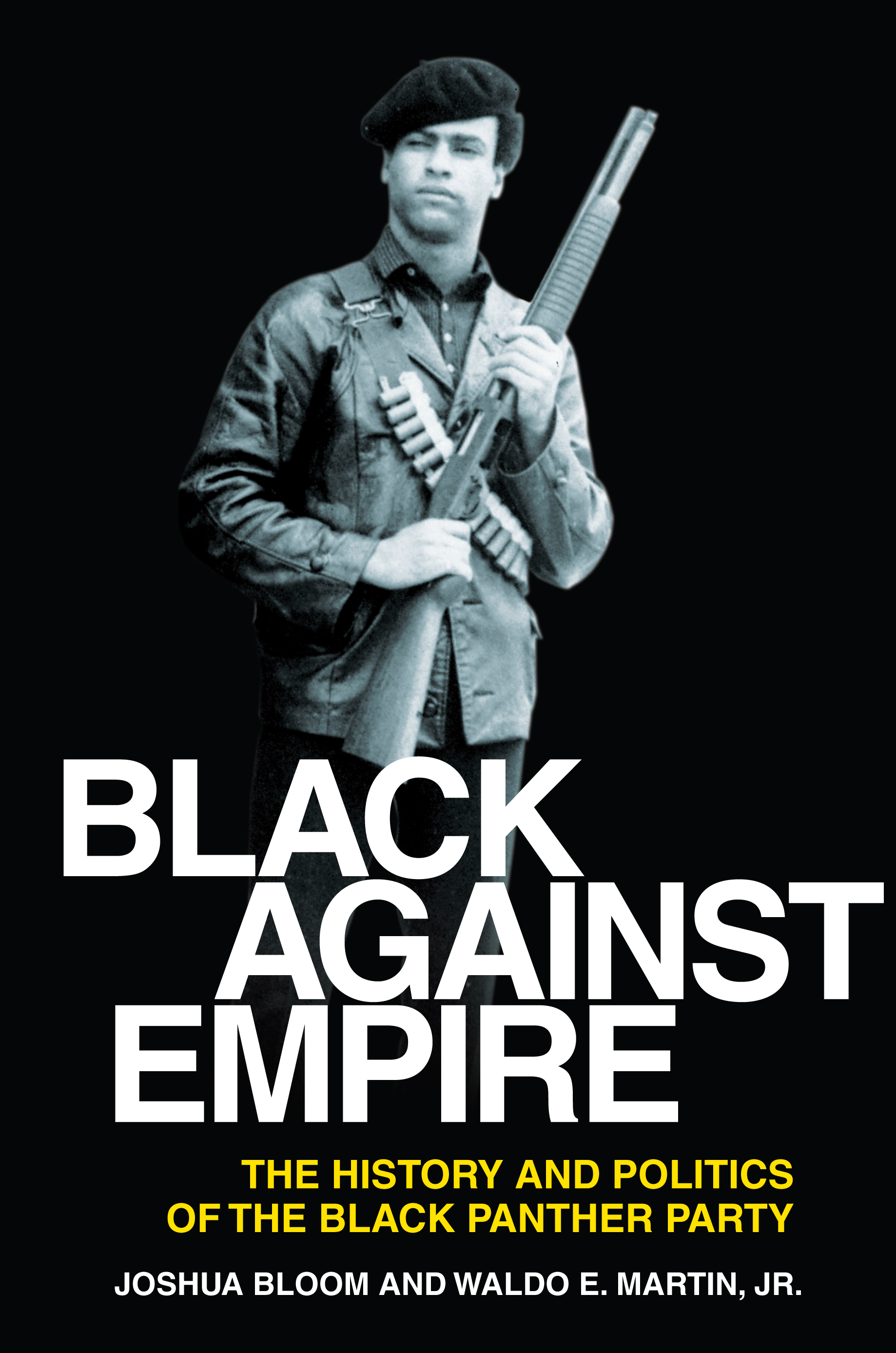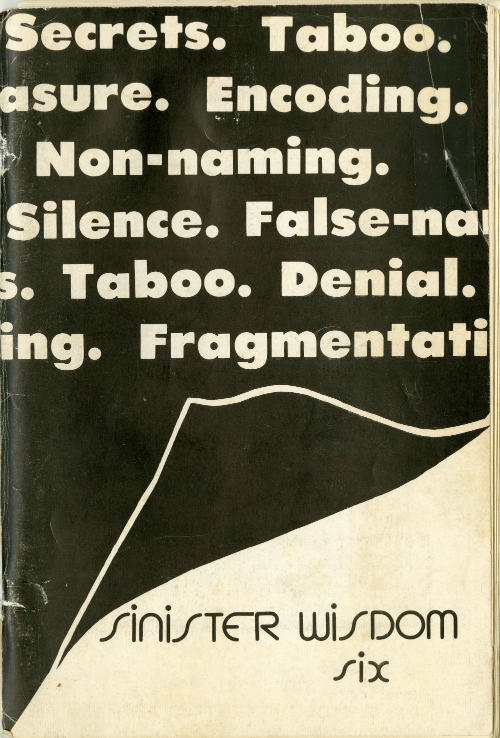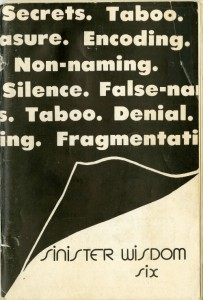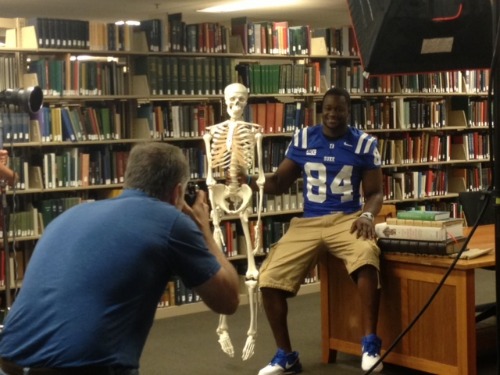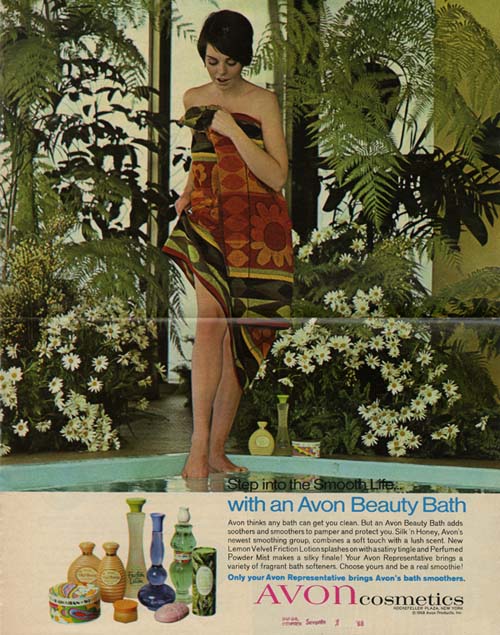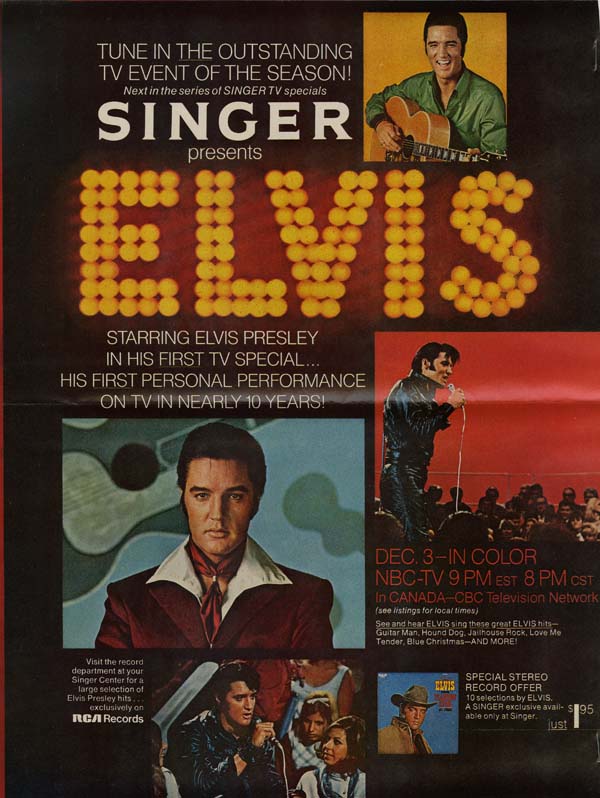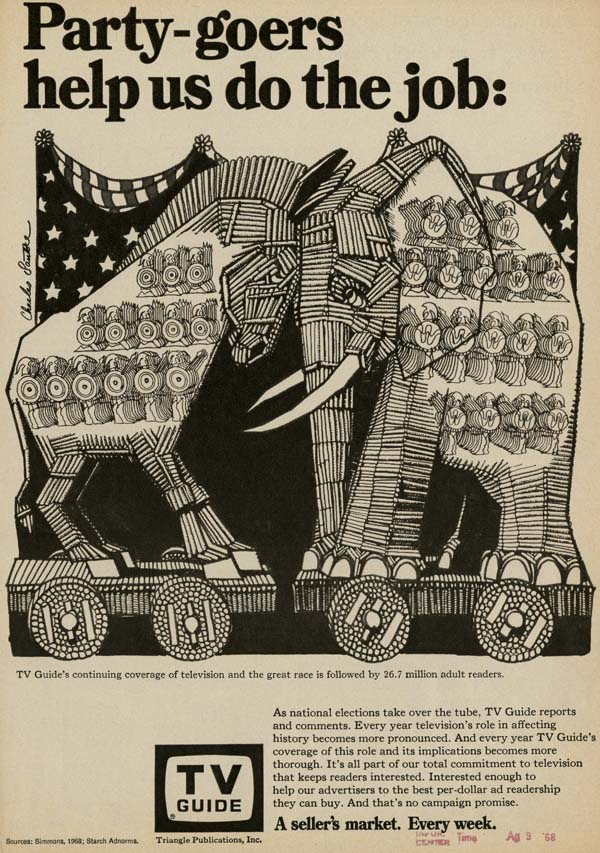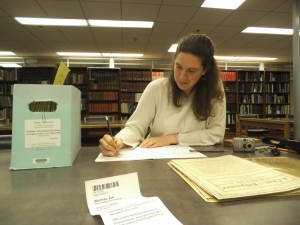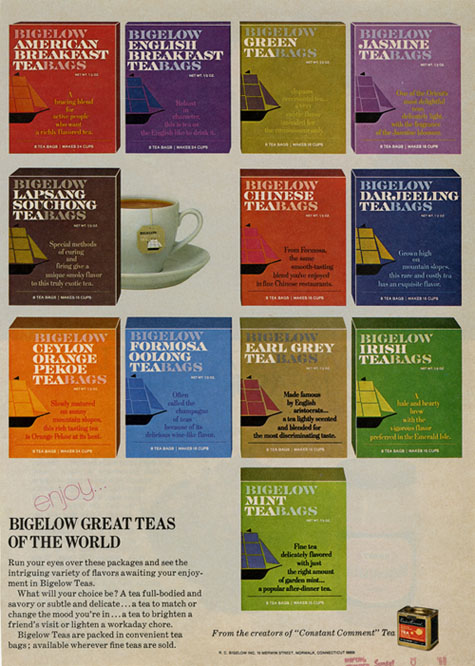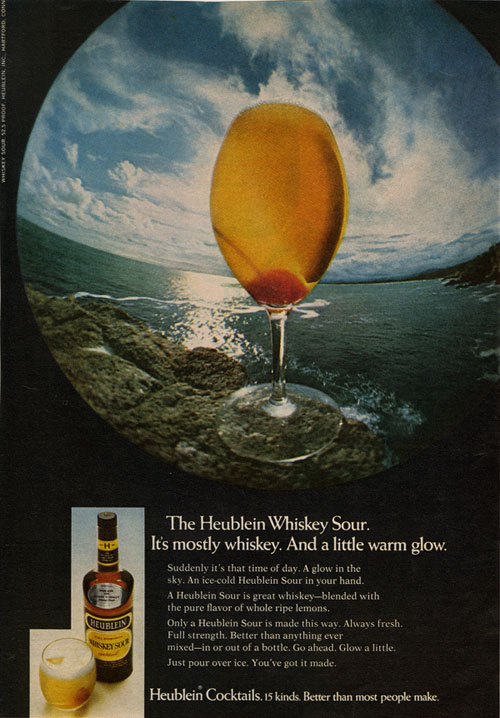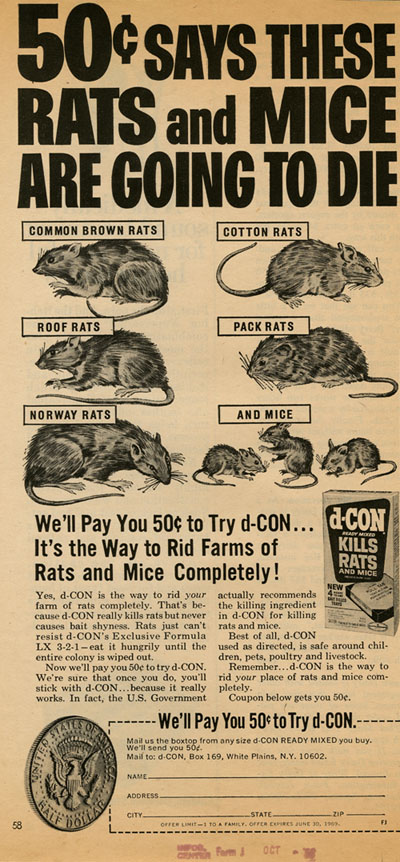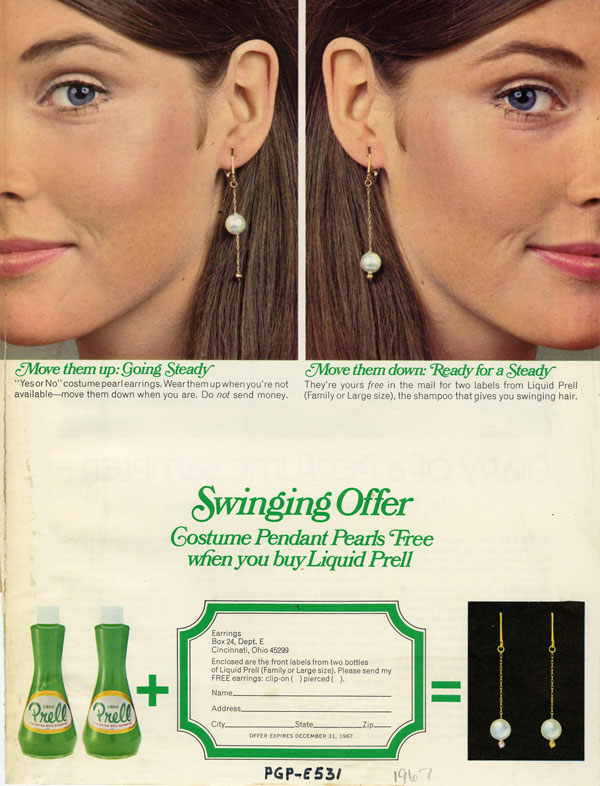Every fall the Rubenstein Library welcomes a new group of graduate student interns from Duke and other area universities. Maybe I just have a soft spot for our interns since I was once one, but I think anyone at the Rubenstein would tell you that our interns are an integral part of the work we do, helping us with processing collections, creating finding aids, answering reference questions, coordinating events, and much more. I’d like to introduce you to some of the interns who are working with the Research Services department this year:
Dominique Dery, Research Services Intern
What she’s studying: I’m currently a PhD student studying Political Theory and Religion and Politics in the Political Science department at Duke. My dissertation links historical accounts of civic friendship with contemporary theoretical and ethnographic work on civic engagement and community service.
What’s she’s been working on at the Rubenstein Library: As the Research Services intern, I serve patrons at the front desk of the Rubenstein, and I also respond to queries from researchers who can’t make it in to the library themselves. So far I’ve searched through and ordered reproductions of letters, sheet music, and pamphlets.
What she likes to do when she’s not with us: When I’m not writing or at the Rubenstein, I love to help out at a friend’s farm in Rougemont and hike along the Eno.
Most interesting thing she’s come across in our collections: The most interesting thing I’ve come across so far has been the correspondence between Carson McCullers and Tennessee Williams while on the hunt for mention of another writer in McCullers’ papers; I love McCullers’ fiction and it was fascinating to get to see some of her letters to her dear friend Tennessee (also known as ’10’ in some of the letters).

Danielle Lupton, Hartman Center for Sales, Advertising & Marketing History Intern
What she’s studying: I am a sixth year graduate student in Political Science at Duke University. I focus on international relations, and my work looks at how leaders interact during international crises.
What’s she’s been working on at the Rubenstein Library: In doing research for patrons, I have come across some really neat old advertisements, including some fascinating ads from the turn of the century. I am also doing research for the Hartman Center on Pan American Airlines. Both my parents are pilots, and my father flew for Delta Airlines, who bought out Pan Am. I really feel a connection to the material.
What she likes to do when she’s not with us: In my free time, I am an avid tennis player.
Most interesting thing she’s come across in our collections: I came across this beautiful advertisement from 1896 for Liberty Bicycles on the back of a Kodak ad I was searching for. I think as a political scientist the tag line really resonates with me, and the artwork is a beautiful example of Art Nouveau in advertising.
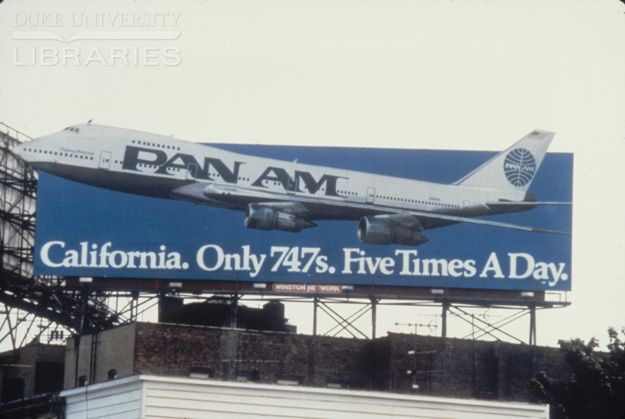
Mary Mellon, University Archives William King Intern
What she’s studying: I’m a library and information science student at UNC-Chapel Hill.
What’s she’s working on at the Rubenstein Library: Various projects for the University Archives, including the Chapel sermon recordings digitization project (some of the recordings are being used in the Great Black Preachers of Duke Chapel series on iTunes U), and creating information pages about members of the Duke family.
What she likes to do when she’s not with us: Outside of work and school, I love knitting, baking, and Duke basketball!
Most interesting thing she’s come across in our collections: A 1958 Duke Law School banquet program signed by “Dick Nixon.”
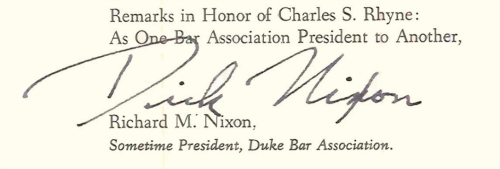
Claire Radcliffe, Sallie Bingham Center for Women’s History & Culture Public Services Intern
What she’s studying: I’m working on a dual masters degree; I just finished my MA in Public History at NC State, and I’m working on my MSLS from Chapel Hill.
What she’s working on at the Rubenstein Library: I’ve been working on a range of things: migrating the website to Drupal, migrating subject guides to LibGuides (and revamping some of them), assisting with remote reference and reproduction, assisting with preparation for classes, helping out with 25th anniversary events, and processing zines.
What she likes to do when she’s not with us: Outside of school and work, I’m interested in photography, old movies, traveling, baking, dance fitness classes, and used bookshops. Although there is distressingly little time outside of school and work.
Most interesting thing she’s come across in our collections: Two of the most interesting things I’ve come across were the pink corset book and a picture of Kathy Acker with the Spice Girls.
